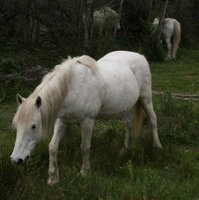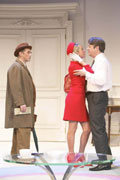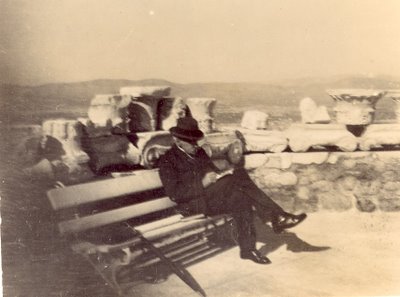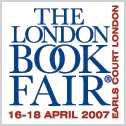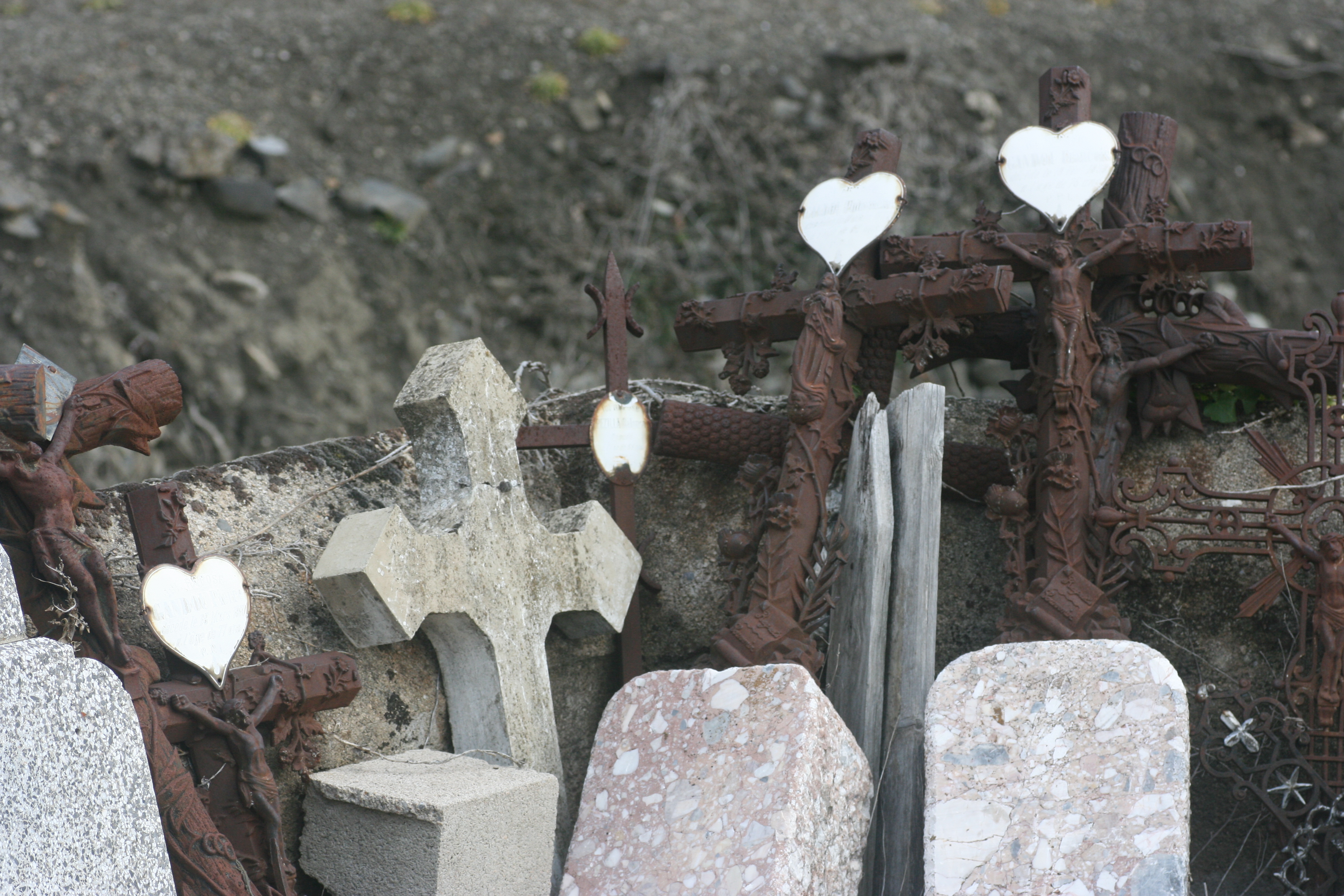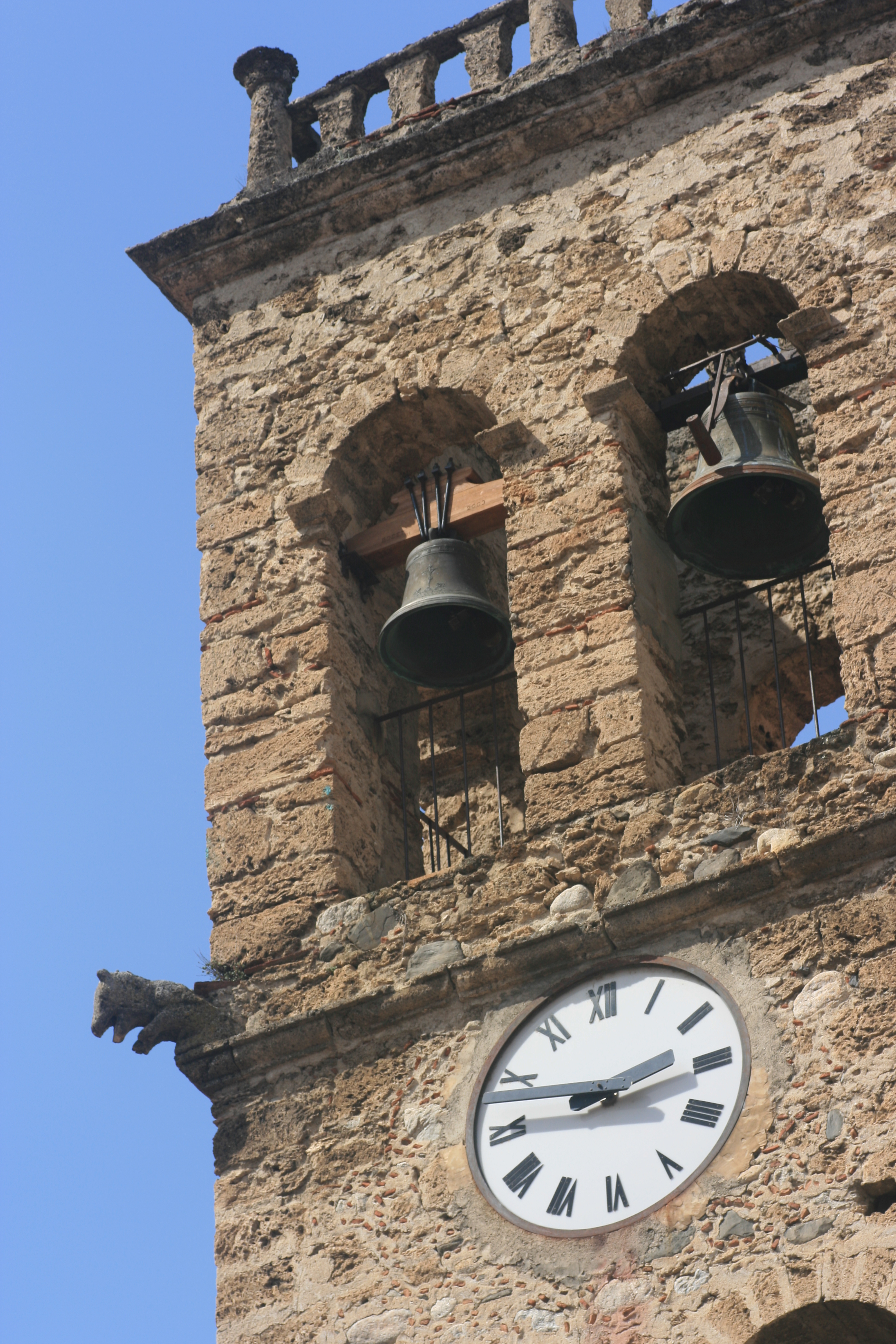
When Glasgow University first raised the spectre of granting PhDs for creative writing in around 1990, the local newspapers published a 'doctorates for the boys' type of interview with the departmental panel, in which the selectors considered just making the award to the writer of their favourite novels. Times have changed ... and I'm sure those original Glaswegians soon came across some committee which fitted academic standards around their aspirations.
Why bother with a PhD in creative writing rather than simply buckle down in the old solo way and write another fine novel (for a writing pedigree is expected for PhD candidates)? One dull response is that it gives you the ultimate academic ratification if you want to pursue a career in teaching creative writing.
Another fine reason, which happened to be my own, was that it provided a challenging and responsive audience for a work that had become seminal to me. My novel
Ectopia is set sixteen years into a world in which no more females have been born. It is narrated by the gay male twin of the last girl born. Dystopian literature of this type is never going to be the easiest fit for commercial publishers. My embryonic novel was clearly so charged with personal material that I had to write it for an audience rather than for myself, because I had to go beyond myself, I had to separate the book from my own biography. I hadn't the heart to go through the years of writing the book for an industry that was likely to dismiss it. No editor would give me the ongoing editorial support I needed, and it was too much to ask of a friend. I needed readers who would engage with the book, apply the very highest standards to it, drive me forward so the book realized its potential.
I found my own such readers at Lancaster University, in my supervisors Graham Mort and Lee Horsley with an external reader in Sara Maitland. Each submission of the work in progress was accompanied by a commentary by myself, and elicited a commentary in response (conducted in distance learning mode, through email). My work was both appreciated and challenged. Finally, when I was sure it was complete, I was informed that it wasn't. My readers placed fingers on raw areas and rubbed away. Basically, I was not allowed to 'make do'. My readers were highly perceptive and articulate, with the power to have their misgivings taken heed of. I suppose writers do retain the right to say 'Enough! This is my book! I'm not changing it!' and would probably get away with it. As a teacher you're likely to stop if your student gives up. For me, a PhD is truly a commitment on both sides to drive the work into its ultimate form.
Writing within a set of very real demands (academics set literary standards, and are judging a work against all of literature rather than any current mode) is different from writing to meet publishers' expectations. My first novel
On Bended Knees received sterling reviews, was shortlisted for the Whitbread prize, and I am fond of it, but in writing it I determined to cut back anything a publisher might think too strange. I had had my work turned down as 'too remarkable'.
On Bended Knees was supposed to have been about a boy who became a rabbit and burrowed beneath the Berlin Wall, bringing east and West together. Clearly 'too remarkable'. So rabbits appear, the boy appears, but no transmutation.
For my PhD I took a different vow. Rather than 'remove anything too remarkable,' it was 'impose no self censorship'. I also took account of one negative factor from reviews of my earlier published works. I had deliberately left my books open in some way, leaving readers to resolve the books in their own way, but some reviewers still yearned for authorial resolution so I determined to reach that with
Ectopia. These were real challenges. I wasn't just writing a new novel, I was writing a PhD. I needed to raise the bar for myself into producing something exceptional.
It's worked in terms of the novel.
Ectopia is now all I hoped it could be. And in commercial terms the novel is as threatening as I expected. It sent my then-fiction-agent for it into sleepless nights, hallucinations, calming himself with a flow of whisky sours ... and is now with an agent with a stronger stomach and genuine excitement for the work.
A thesis accompanied the PhD ... perhaps the toughest part of the whole assignment, and more on that and the viva anon. Even on its own though, a novel written for a PhD can, and should, be an exciting venture breaking new ground.
 I'm off to Santa Fe in the morning, for the month of May ... returning to our home there for the first time in six years. It's like stepping back into your own history.
I'm off to Santa Fe in the morning, for the month of May ... returning to our home there for the first time in six years. It's like stepping back into your own history.



